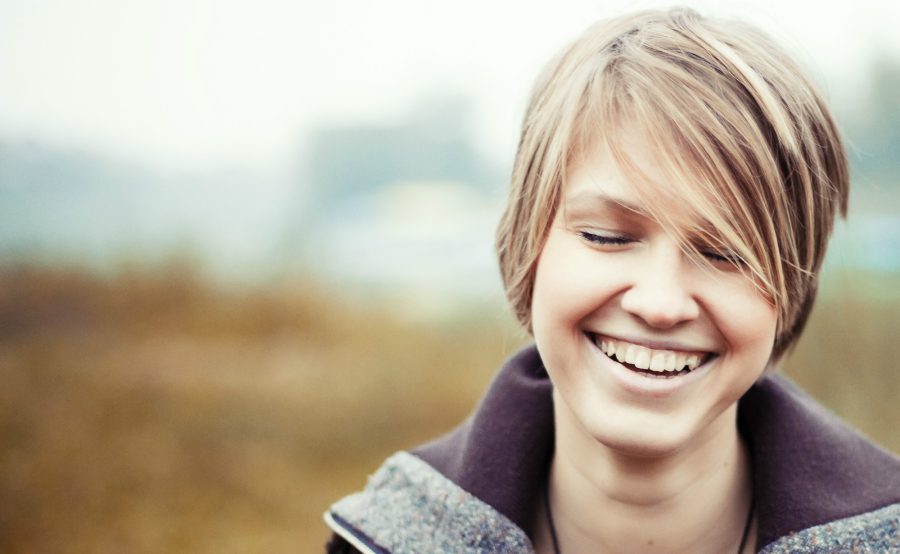ARTICLES, HEALTHY LIVING & WELL BEING. EATING DISORDERS
Mindfulness for Mental Health

In…
we pull oxygen to the depths of our lungs… where it is picked up by red blood cells and carried over 100,000km to the 37.2 trillion cells of our body that need it.
Out…
we exhale the carbon dioxide created by the metabolism inside those same cells.
Ahaaaaaaaa….hhaaahhhhh, the two sounds most critical to human life. In and out, we breathe over twenty thousand times a day.
But how often are we aware of it?
Respiration is the most critical component of life… yet how much attention do we give it? For the most part, we breathe via our autonomic/unconscious nervous system and only under abnormal situations such as exercise, stress, or illness do we even become conscious of how we are breathing. Are we missing something?
Never in the history of mankind have we had so much life-altering technology and comfort. It should be setting us free to enjoy wonderful, meaningful lives… however, looking around it is obvious our society is “unwell”.
We now have the ability to instantly connect to others all over the world via electronic devices but we feel more isolated and alone than ever before. This can be proven statistically as now 1 in 4 Canadians will suffer or is currently suffering from clinical depression and/or anxiety. This trend has only been increasing in the last few decades and the scariest data shows us that the incidence of depression/anxiety in teenagers and even children is increasing at an alarming rate. Many people are self-medicating with excessive alcohol and even more commonly, abusing food.
What has gone wrong?
I write this as a 38-year-old father of four who first had 56k internet late in high school and did not own a cell phone until medical school. I see daily how my life is affected by the current speed/demands of society and far too often I feel overwhelmed by the breakneck pace of life. I say this as a fully grown man who is comfortable in his own skin, confident in his abilities and mature enough to take ownership of his decisions. I imagine myself at 13 years old today with all the new pressures, stresses, and expectations of the 21st century acting on my 13-year-old brain and it is obvious why our youth are having trouble. I will not even delve into the issues of sexualizing even younger girls on TV and in magazines, but we can add that onto the already full plate of the average 12-year-old Canadian girl.
Pharmaceutical companies want us to believe that the answer to our unhappiness can be found in a pill, but I can tell you in my 10 years of practicing medicine that this is not true. Pills can act as a bridge from a dark place towards the light, but they are NOT a foundation on which one can build happiness. Pills can affect mood-altering hormones in the brain but do not solve the underlying cause of the problem. I can comfortably say that the only patients I have ever seen fully recover from depression and anxiety disorders found success by drastically changing their lifestyle and altering their way of thinking. Furthermore, we know the brain is NOT fully mature until around age 25. Anti-depressants are not as effective on younger patients, and many of the drugs trialled on teenagers ended with catastrophic results (increased rate of suicide).
So what can we possibly do?
The good news is that science is finally starting to ask the right questions and it turns out what was old is now new again… and we need only to look within.
John Hopkins released a study showing 8 weeks of training and practicing transcendental meditation is as effective as any prescribed medication for anxiety and depression. These effects have not only been evaluated by patient perception, but further studies have shown a reduction in stress-related hormone levels proven via blood tests. NBC News ran a story on a middle school in the US where 15 minutes of transcendental meditation twice per day resulted in a 78% reduction in school suspensions, improved attendance to 98%, and improved the average GPA by 0.4 points. More programs like this are sprouting up all over the US and Canada and the results are repeatable.
The core principle of transcendental meditation is simple. Quiet the mind, forget the past, allow the future to unfold as it will, and just “be” in this present moment. This is achieved by first focusing on the breath… breathing in slowly and fully, then exhaling slowly… entering “the now”.
“The purpose is to reconnect with ourselves and our consciousness.”
Our society is obsessed with scientific evidence and for the first time, we have hard proof of what we have inherently known for a millennium. Mindfulness and focused meditation improve our happiness which positively affects our health.
On the cutting edge of this movement is a man named Wim Hof who holds 21 world records and has stated for decades that he can control multiple aspects of his autonomic physiology including the immune system and endocrine system. He was recently featured in an episode of VICE where he proves he can not only control his core temperature but more importantly, he teaches others in just 4 days how to release and control adrenaline, noradrenaline and cortisol thus affecting immune response and brain chemistry. All via controlled breathing and meditation techniques.
We are finally seeing the mechanisms by which the age-old techniques of mindfulness and meditation benefit our health. We are able to tap into our autonomic nervous system and take back control of the hormones that are causing depression and anxiety by deepening our brain/body connection and deepening our breath. As Wim puts it, “we can control our own health, happiness, and strength”.
As a family physician, this is the most exciting news I have seen in my 10 years of practice. The implications are staggering for people of all ages, especially for our youth who are the most vulnerable. Imagine giving our kids the tools to calm their own minds, clear their thoughts, and allow them to act out of compassion and logic rather than anger. They will feel happier, more confident, and master their emotions which is critical to success as an adult.
If we pursue this “new to the western world” state of being, we will empower our youth to become the self-actualized adults our world needs. We can change our lives starting with just one breath… in… and out.
I suggest you try it 🙂
Written by Dr. Jay Haubrichs








